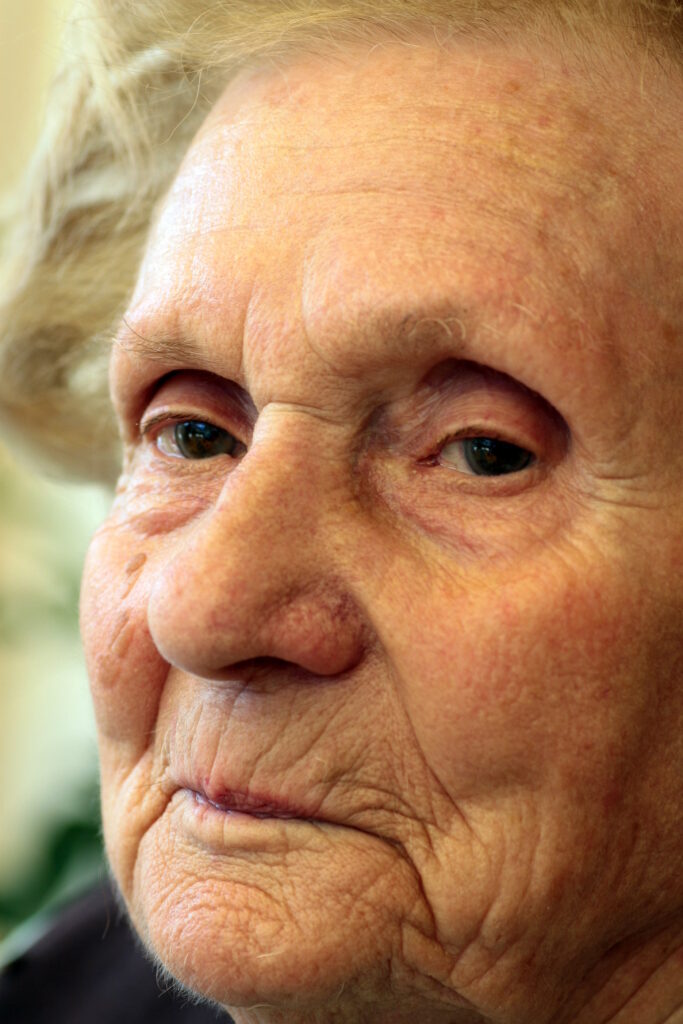As seniors age, their needs may be a bit overwhelming for them and their families. Geriatric care managers are knowledgeable and organized individuals skilled in advocacy and care coordination for seniors. They can be invaluable to a family needing advice on healthcare recommendations and on when it is no longer safe to live at home alone, as just two examples. Here’s the 411 on Geriatric care managers (or GCMs) as offered by Beck, Lenox & Stolzer Estate Planning and Elder Law, LLC in this Seniors Matter’s recent article entitled “What is a geriatric care manager?”
Seniors Matter created a guide to provide seniors with detailed information about geriatric care managers, including what they do and how to locate the most qualified individuals in your area. If you’re not sure about the role of a geriatric care manager, it can be broken down into two parts: First of all, “geriatric care” simply refers to geriatric medicine, which focuses on health care services for elderly individuals. The second part of the phrase is quite straightforward, since a “manager” is simply someone with strong organizational skills who is in charge of making important decisions.
They are specialists in senior care who can guide family caregivers and others in providing the best support for their seniors. In fact, many family caregivers think of senior care managers as unofficial family members. GCMs help seniors deal with their burdens in an efficient, organized manner. A geriatric care manager can simply make life easier for your senior and the entire family.
They are people you can trust to make the right choices when it comes to eldercare services, and they often develop bonds with the entire family.
Geriatric care managers have strong qualifications. Many of them have professional experience in case management, physical therapy, nursing, social work, or occupational therapy. Some have worked as gerontologists. Note that a GCM doesn’t need to directly provide seniors with all of the medical treatment they need. A significant part of their role involves finding other qualified medical professionals and senior care providers who can offer more specialized assistance.
GCMs are especially helpful in long-distance care situations. They can ensure quick response times in the case of an emergency. An example of that is that a GCM may accompany your mother to her doctor’s appointment. She can be the “ear” and the translator for the family that lives across the country.
Even if the time commitment of informal caregiving isn’t an issue for you, a geriatric care manager can be a welcome source of advice, guidance, and advocacy. You may need them for an hour only, a few hours, and on an ongoing basis.
It’s much easier to feel confident about important decisions when you can consult with a qualified senior care manager who can help you with care coordination and other complex issues involving your senior. Beck, Lenox & Stolzer refers families to a Geriatric care manager when it is clear they need professional help and advice.
Reference: Seniors Matter (July 7, 2022) “What is a geriatric care manager?”










